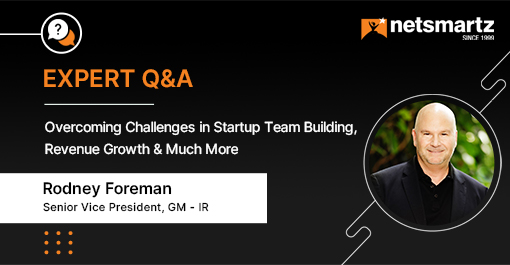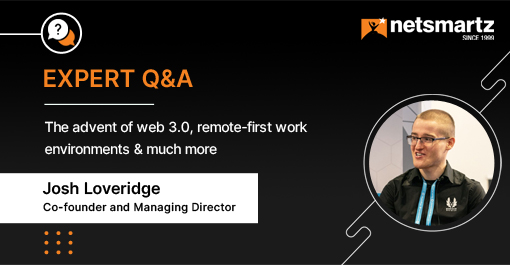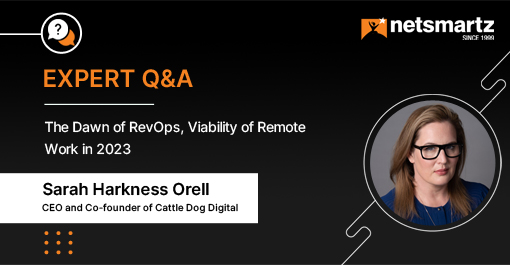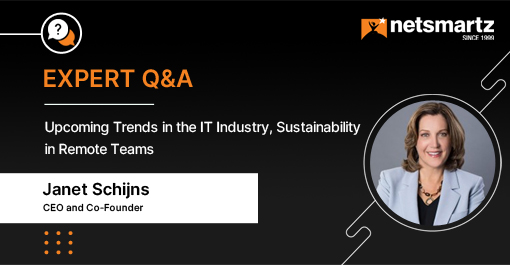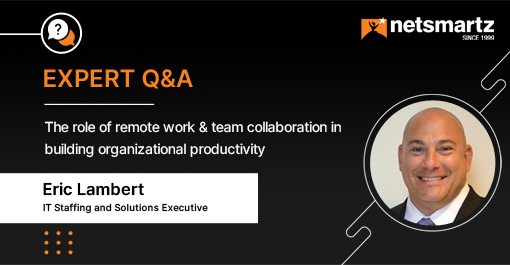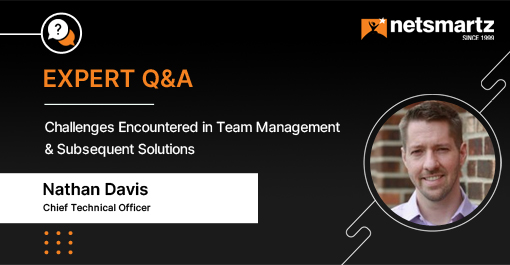Unveiling the Secrets of Software Development Success: Execution, Sales, & Much More

Success in the competitive landscape of software development relies on various factors. And there are multiple key elements that contribute to the triumph of a software development company. That’s why we got in touch with Jesse Soto to explore the significance of execution and sales strategies, along with insights on hiring in-house developers or outsourcing software development.
Keeping on reading to learn his insights!
Want to contribute to our expert insights?
Contact Us About Jesse Soto
About Jesse Soto
Jesse, a visionary entrepreneur and business owner, is the driving force behind Modern Planners, LLC, based in the Oklahoma City Metropolitan Area. With a deep passion for aviation, technology, and sustainability, Jesse has embarked on a mission to create a net-zero business that combines his love for artistry and environmental consciousness. At Modern Planners, Jesse has curated a collection of artisan-designed planners and notebooks that not only serve as practical tools but also make for meaningful mementos to commemorate special occasions, birthdays, and holidays or enhance workstations.
1. What do you think are the most important factors that contribute to the success of a software development company?
From the errors to the small winnings of my previous startup, in reflection – I believe it boils down to two fundamental factors: Number one is Execution, and number two is Sales. I delivered on the execution part, I transferred my vision from the ether to my team so they could move in that direction, which they did efficiently. It’s important to acknowledge your failings along the way. I failed many times for my first startup, “asking for the sale” when edging towards the closing or conclusion part of the client-side meetings. I often waited for the client to jump at the chance to purchase from us. The reality is they are often waiting for you to literally ask for the sale. Just knowing they were impressed or ready to buy isn’t enough. You can ask politely and unforcefully, but you need to ask. That is paramount.2. Should startups hire in-house developers? Or outsource software development? What’s your advice on this? Also, how can startups manage a remote or distributed team?
You should consider both at all times. Being flexible in your vision is crucial. I did a lot of programming and technical direction for both small businesses. I offered a co-founding role to one of my old classmates, and with my second business, I hired several freelancers, one of which was a junior dev. How to manage both in-house and outsourced team members comes down to treating them one and the same. I treated all as if they were a founding member of the business (which, in many respects, they were). It’s breaking through the barrier of fear and hesitation of sharing and giving more tasks to each role and understanding that this is crucial in allowing the vision to take shape. More often than not, what you envision as a founder is often a slight deviation as an end-product then what you intended it to be. That’s okay, it’s part of the process.3. What’s your advice for companies to handle project timelines and ensure the timely delivery of products?
As a founder, it really comes down to you. Sacrificing time, sleep (your personal time i.e. weekends, etc), and a whole reshuffling of your life pattern/habits. Your team members will begin to see how much effort you are pouring into materializing the vision and this will energize them. Set clear and decisive benchmarks, even if you’re uncertain of the actual timeline for each task, communicating it with the team and being transparent about it is essential. Most of the time, the team will be behind it in making it a reality (even when you are doubtful), just throw it out there. “Be surprised” was a saying I would mentally recite. You never know ahead of time the multiply effect. The old idiom of “many hands do light work” stands exponentially true in tech.4. What’s your advice for ensuring the quality of software products? Also, how can companies manage and mitigate risks associated with software development projects?
Version control is most effective when it comes to the quality of applications. I would store versions in separate folders on my Desktop (and label them (date, VS 1.2, Country, i.e., US )) just to make certain I had the latest file on a hard surface. Pushing commits and updates using a private repository on GitHub is secondary (I have an aviation background, and one thing that stuck with me about aviation is “redundancy”). For a team to have access to the latest version- a pipeline via your cloud storage provider of choice (AWS, Azure, BlueOcean) connected via the IDE of choice will prove useful. To mitigate risk or reduce it most effectively comes down to the age-old proverb “Communication.” By implementing an effective collaborative resource (whether that be by DM, text, email, or Slack of choice), communication without hesitation is fundamental to the growth of the product. I found Trello to meet most, if not all, of our team requirements. It’s also cost-effective for startups and small businesses. Lastly, having done due diligence in preventing your technology from infiltrating or hacking is at the top of your company’s agenda (or should be), even if it’s something as simple as adding an element “rel=noopener no-referrer” to your href to avoid siphoning redirects or injections. Wrapping Up
Wrapping Up
Achieving success in the software development industry requires a holistic approach that encompasses execution, sales, team management, and risk mitigation. By focusing on delivering your vision with precision, actively engaging in sales efforts, and treating both in-house and outsourced developers as valuable contributors, you can lay a solid foundation for growth. Managing remote or distributed teams effectively through transparent communication and collaborative tools fosters productivity. Prioritizing project timelines, maintaining software quality through version control, and implementing strong security measures contribute to the overall success of a software development company. By embracing these factors, you can enhance your chances of achieving long-term success in the ever-evolving world of software development.
Overall, this Expert Q&A was refreshing. As much as we enjoyed reading it, we hope you will find it insightful as well.

Are You An Influencer?
Make Your Mark as a Thought Leader
We invite industry influencers to participate in our Q&A panel, offering the audience valuable insight into cutting-edge technology trends, platforms, and more.













